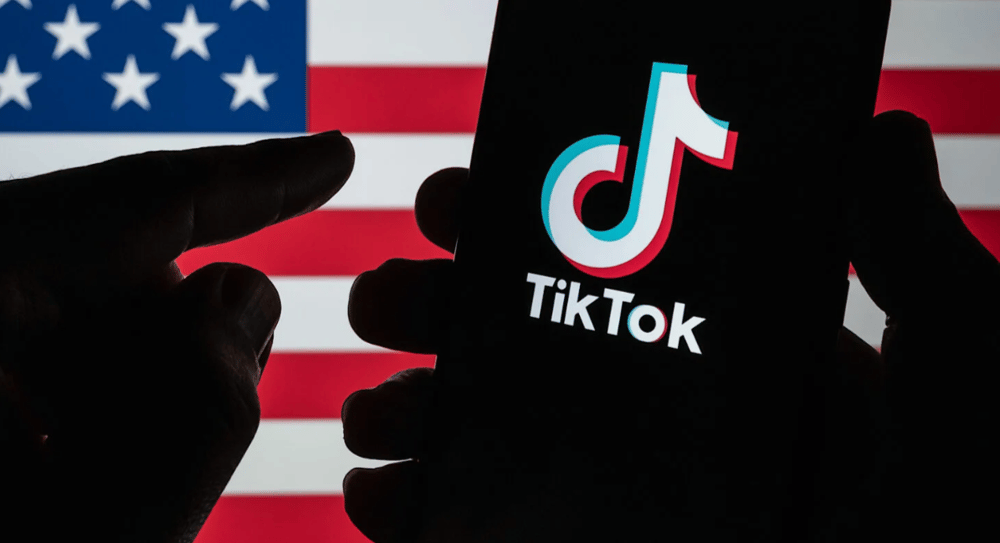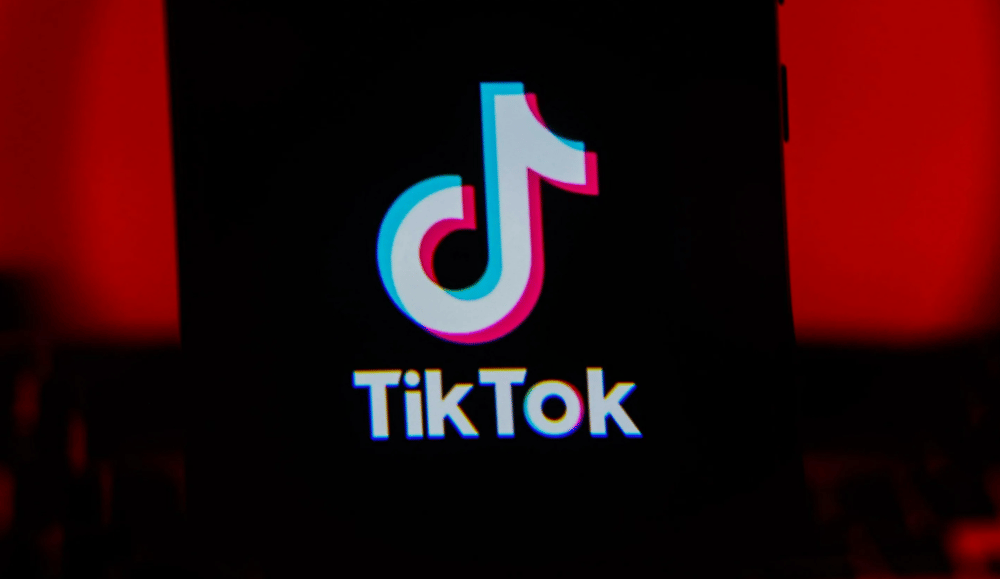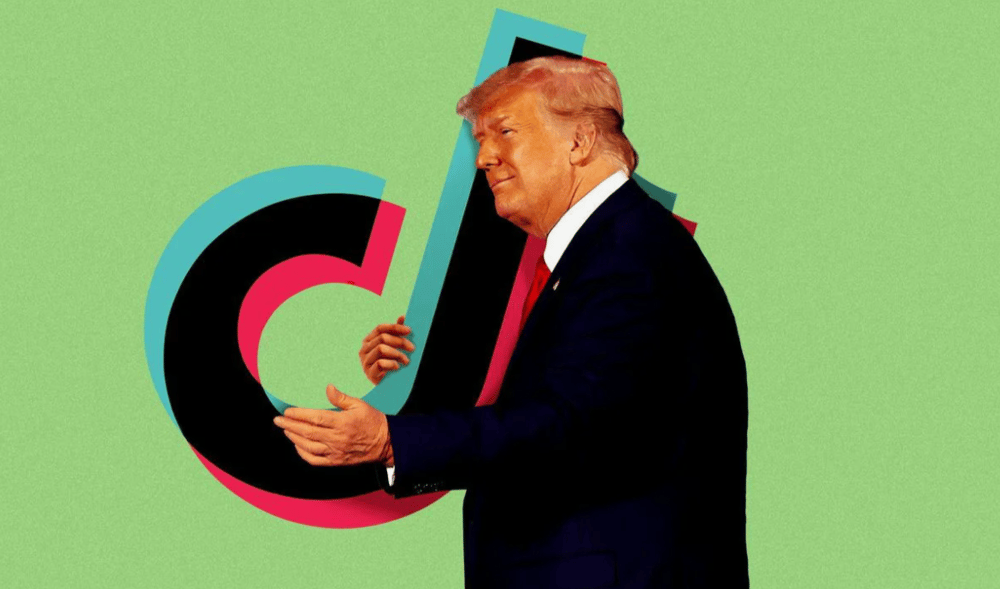TikTok’s U.S. Divestment Deadline May Be Extended as Trump Signals Shift After 2024 Election Gains
The ongoing saga surrounding TikTok’s U.S. assets, owned by China-based ByteDance, entered a new phase this week as former President Donald Trump indicated he would likely extend the June 19 divestment deadline. This marks a significant development in the protracted legal and geopolitical battle over the popular short-form video app’s future in the U.S.
Trump’s comments, made aboard Air Force One, come after the 2024 presidential election, where TikTok was credited with aiding his engagement among younger voters. The shift in stance may signal a recalibration of priorities, potentially softening the U.S. government’s previously hardline position on Chinese-owned digital platforms operating domestically.
Strategic Implications of the Potential Deadline Extension for TikTok and ByteDance
The Biden and Trump administrations have both expressed concerns over national security, citing the potential for data collection by foreign adversaries through platforms like TikTok. The Committee on Foreign Investment in the United States (CFIUS) previously issued an order requiring ByteDance to divest TikTok’s U.S. operations or face a ban.
Trump’s willingness to postpone enforcement reflects both political calculus and the operational complexity of executing such a divestiture. ByteDance has yet to finalize a compliant deal for TikTok’s U.S. business, and the delay may offer temporary relief. However, it also prolongs regulatory uncertainty for the company and for prospective acquirers.

Quick Facts: TikTok’s Regulatory Crossroads
🇨🇳 TikTok is owned by Beijing-based tech company ByteDance
🇺🇸 Trump indicates extension of June 19 divestment deadline
📈 TikTok credited with boosting Trump’s outreach among young U.S. voters
🏛️ CFIUS mandate still requires U.S. divestment on national security grounds
⏳ ByteDance has not secured a deal for TikTok’s U.S. assets
🧠 Potential buyers previously included Microsoft and Oracle
Market Reactions and Expert Commentary: A Strategic Pause or Policy Reversal?
The announcement triggered mixed reactions in policy circles and markets. While there was no immediate impact on equities, technology analysts noted that the uncertainty surrounding TikTok’s U.S. operations continues to cloud valuations for both ByteDance and any U.S.-based suitors. Companies such as Oracle $ORCL and Microsoft $MSFT, which previously engaged in acquisition talks, are again being scrutinized as potential candidates should the divestiture process be revived.
National security officials remain cautious. Analysts argue that Trump’s change of tone could lead to the perception of politicization in enforcement decisions, undermining the credibility of CFIUS as an independent regulatory body. Meanwhile, privacy advocates stress that extending the deadline does not resolve structural concerns about user data access by Chinese authorities under China’s national intelligence law.

Key Points of the Situation
Deadline politics: Trump’s support among youth voters after 2024 elections appears to be influencing national security timelines.
Divestment uncertainty: ByteDance remains without a finalized buyer for TikTok’s U.S. division.
CFIUS authority tested: Repeated delays could weaken the perceived enforcement strength of U.S. foreign investment review mechanisms.
Platform engagement vs. regulation: The dual role of TikTok as a political tool and regulatory target creates a paradox for U.S. officials.
Strategic limbo: Until a clear timeline or decision emerges, TikTok’s operational future in the U.S. remains in legal suspension.
TikTok’s Future Hinges on Evolving U.S.-China Tech Policy Dynamics
The potential extension of TikTok’s U.S. divestment deadline reflects a broader recalibration in the intersection of technology, national security, and political strategy. While Trump’s remarks may buy ByteDance time, they do little to resolve the long-term structural tension between open market operations and data sovereignty concerns.
As geopolitical competition between the U.S. and China intensifies, digital platforms like TikTok remain flashpoints in a larger confrontation over technological supremacy and regulatory jurisdiction. How this case unfolds will likely set a precedent for future policy decisions involving cross-border digital assets.















Comments
The TikTok saga just got another twist; I can’t help but wonder how this will impact users and creators alike.
This transaction could accelerate innovation cycles across the automation industry